More and more foreign investors have taken advantage of the opportunity to invest in U.S. real estate, but not just because of the gains in value or cash flow. Foreigners also take comfort in reliable laws that investors can’t find in many jurisdictions around the world.
With that said, the U.S. tax rules that apply to ownership and dispositions of U.S. real estate by foreign persons are different in some important aspects of the rules that apply to U.S. persons. Also, property managers are under special rules when managing a property for foreign owners, and sellers to foreign investors can be classified as withholding agents (which have important obligations and liabilities associated with the classification).
Whether you are a foreigner investing in the U.S. or a real estate professional in the U.S. assisting foreign persons’ acquiring real estate as a part-time residence or for investment, the tax law can certainly be confusing. However, we can all agree on the benefits of investing in real estate and the importance of having real estate in our portfolios.
Here are some basic rules and I highly recommend that any foreigner investing in the U.S. retain a U.S. Law and Accounting firm to structure their entity and file any necessary tax returns.
Legal Structuring
Choice of entity is absolutely critical for a foreign investor. Asset protection is always a primary concern, but the taxes can be minimized dramatically with the proper entity. In a nutshell, foreigners really has 3 options to choose from when it comes to ‘holding’ the real estate in the U.S.
- C-Corporation,
- Limited Liability Company (LLC), or
- Limited Partnership (LP).
Typically, a U.S. Citizen/Resident wouldn’t utilize an LP for rental property, and stick to an LLC. This is also the case for most foreign investors and generally the LLC is the best route to go in order to potentially save on taxes and even additional tax returns. HOWEVER, and I can’t emphasize this enough, any given foreign country could have a unique and/or odd Tax Treaty with the U.S. that makes the use of an LLC for the foreigner a nightmare.
For example, I would NOT recommend a Canadian Citizen use an LLC to hold U.S. investment property because of serious double, or triple taxation issue. Oftentimes a Limited Partnership would be a better holding company for a Canadian buying rental property, and using a shell LLC as the General Partner of the LP. (Again facts and recommendations can change from client to client- please don’t rely on this strategy without a consultation).
However, for most investors from many countries around the world, the LLC is an excellent entity to use. Nevertheless, it’s always important to research and check on any Treaties that may exist between their country of origin and the U.S. In a lot of U.S. treaties, dividends from C-Corporations to foreign shareholders or partners are only subject to a 15% tax rate
Withholding Taxes
Before we even talk about what tax returns a Foreigner may need to file in the U.S., there is the ‘Withholding Tax’ issue. Essentially, the IRS (U.S. Government) wants to make sure that certain (Withholding Agents- which could be simply a Realtor, Title Company or Seller of property), withhold taxes from rent or the sale of property to ensure that the U.S. gets its tax and doesn’t get ‘stiffed’. There are 3 issues to consider.
- Sale of Property – This withholding ‘rule’ has its own set of guidelines and The Foreign Investment in Real Property Tax Act (FIRPTA) requires a FIRPTA withholding tax of 15%] of the amount realized on the disposition of all U.S. real property interests by a foreign person. A buyer of U.S. real property interest from a foreign investor is considered the (transferee) and also the withholding agent. The transferee must find out if the transferor is a foreign person. If the transferor is a foreign person and the transferee fails to withhold, the buyer may be held liable for the tax. The seller must report that sale of the real property interests by filing a U.S. Federal Tax Form 1040-NR or Form 1120-F (which I’ll mention later in more detail).
- Passive Investor – It may sound prudent to be a ‘passive’ investor in the U.S. and thus things could be simpler and withholding less, however that is generally not the case. First, a passive activity would be considered a typical rental property, and obviously a net lease in which the lessee pays rent, as well as all taxes, operating expenses, repairs, and interest in principal on existing mortgages and insurance in connection with the property. Such passive rental income is subject to a flat 30 percent withholding tax (unless reduced by an applicable income tax treaty) applied to the gross income rather than the “net rent” received. Thus, the real estate taxes, operating expenses, ground rent, repairs, interest and principal on any existing mortgages, and insurance premiums paid by the lessee on behalf of the foreign owner-lessor, must be included in gross income subject to the 30 percent withholding tax. The gross income and withholding taxes must be reported on Form 1042-S, Foreign Persons U.S. Source Income Subject to Withholding to the IRS and the payee by March 15 of the following calendar year. The payor must also submit Form 1042, Annual Withholding Tax Return for U.S. Source Income of Foreign Persons, by March 15.
- Foreigner engaged in a U.S. Trade or Business – Believe it or not, this is something the Foreigner may want to ‘Elect’ and be treated as such. First, a foreign investor is considered to be engaged in a U.S. trade or business such as the developing, managing and operating a major shopping center. If this is the case, the rental income will not be subject to withholding and will be taxed at ordinary progressive rates. Expenses such as mortgage interest, real property taxes, maintenance, repairs and depreciation (accelerated cost recovery) may then be deducted in determining net taxable income. The nonresident must make estimated tax payments for the tax due on the net rental income if any. The only way these expenses can be deducted, however, is if an income tax return Form 1040NR for nonresident alien individuals and Form 1120-F for foreign corporations is timely filed by the foreign investor.
Income Tax Returns
Next, annual tax returns will need to be filed by a foreigner holding U.S. property for rent or selling U.S. Property. The Form 1040NR is required for nonresident alien individuals and Form 1120-F for foreign corporations. I wish I could say that a single member LLC would only require a 1040NR in every instance, but again, it depends on the country we are dealing with. For example, Canadians even holding a single member LLC would need to file an 1120-F (as the Canadian Government doesn’t recognize the LLC as a ‘flow thru’ entity). Again, underscoring the point that supports from a professional firm is absolutely critical.
*Making the “Election to be a U.S. Trade or Business”– Foreign individuals and foreign corporations may elect to have their passive rental income taxed as if it were effectively connected with the U.S. trade or business. Once such an election is made by attaching a declaration to a timely filed income tax return, there is no obligation to withhold even in a net-lease situation. Once made, the election may not be revoked without the consent of the IRS. This election is made with Forms W-8ECI, Certificate of Foreign Person’s Claim for Exemption From Withholding on Income Effectively Connected With the Conduct of a Trade or Business in the United States.
Real Estate Professionals selling to, buying from, or managing property for a Foreign Person
U.S. real estate professionals must know how to properly deal with foreign investors in U.S. real estate in order to be in compliance with the federal tax laws affecting real estate transactions. They must be familiar with the rules that determine whether an individual or entity is to be treated as a U.S. person or a foreign person. In addition, they must also be familiar with the fundamentals of U.S. federal income taxation of foreign investors with U.S. rental income. There are withholding rules and requirements for the real estate professional that may SHOCK YOU. Please take this seriously and get a consult and support with a tax professional that can guide you through this minefield.
In Summary, there are WONDERFUL opportunities for foreigners investing in the U.S. and sellers and real estate professionals working with these foreigners. However, all parties need to be familiar with the rules and have a professional firm supporting them here in the U.S.










